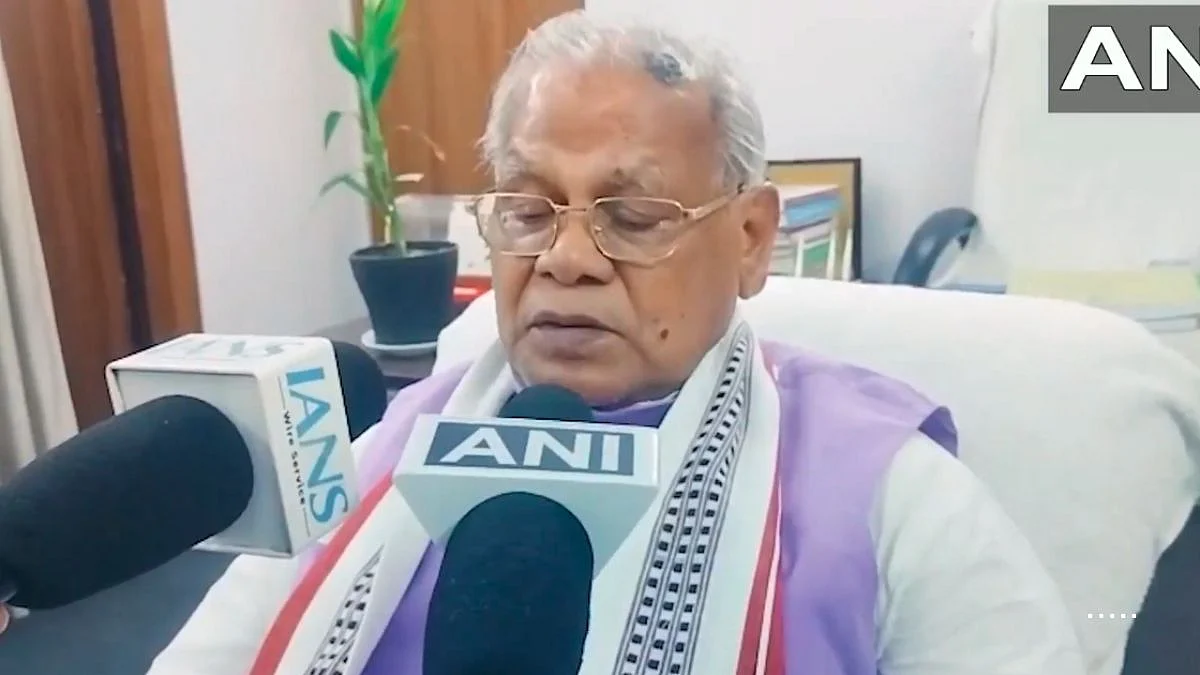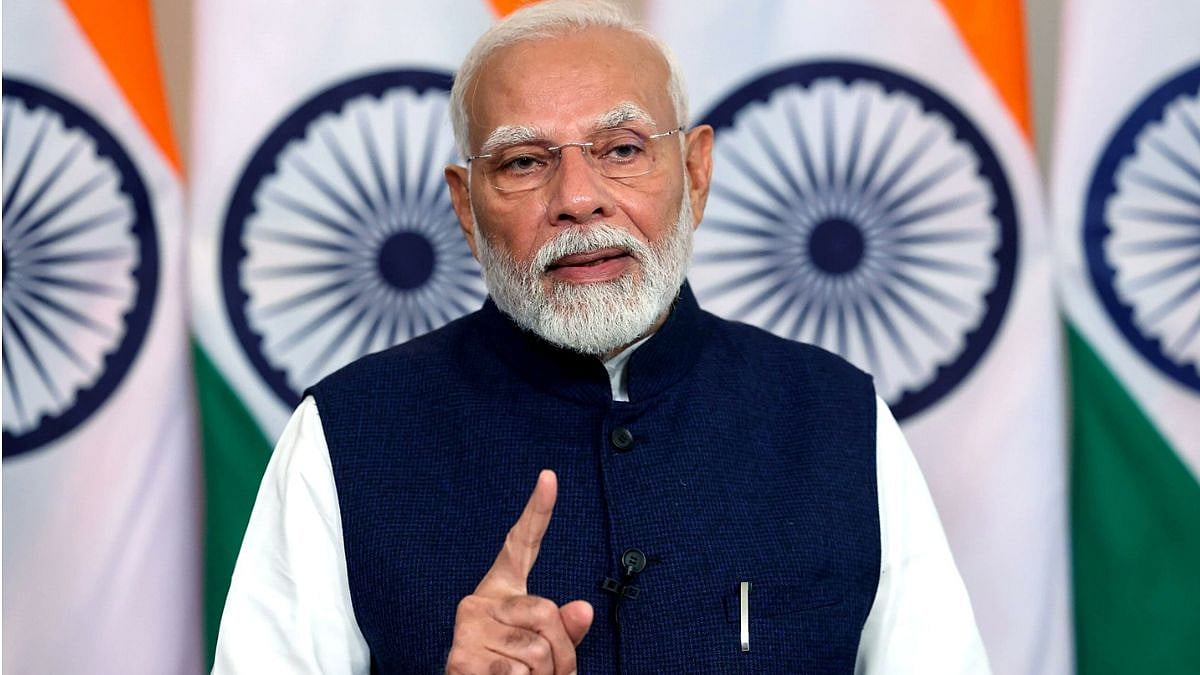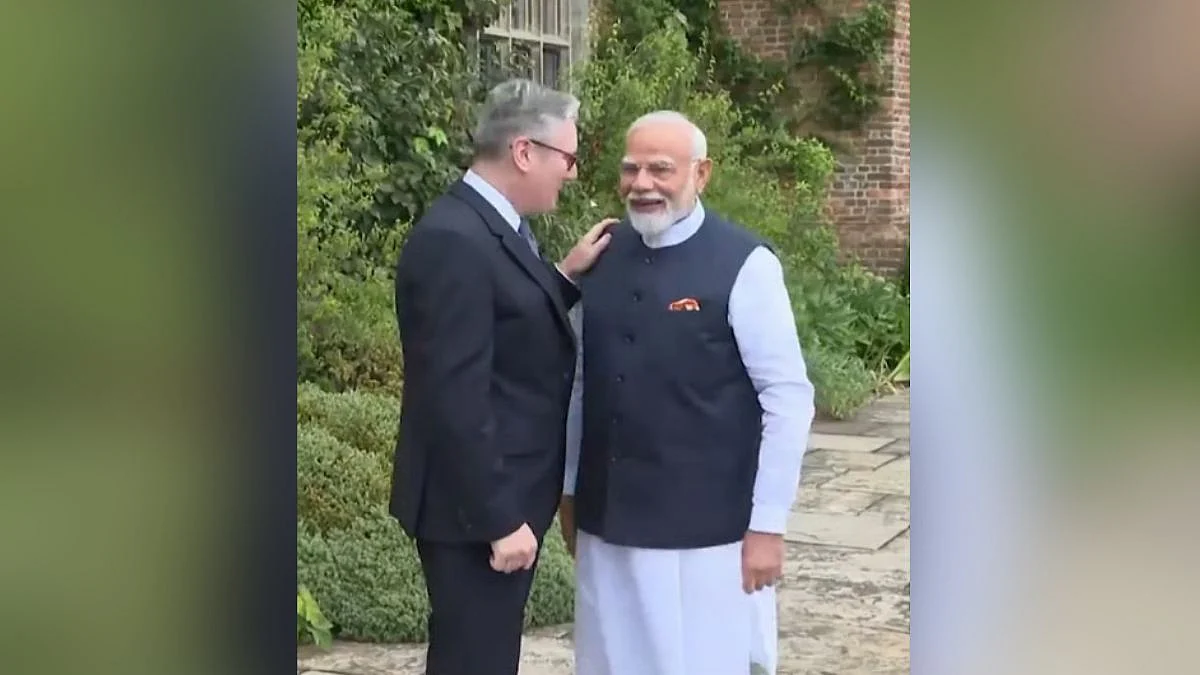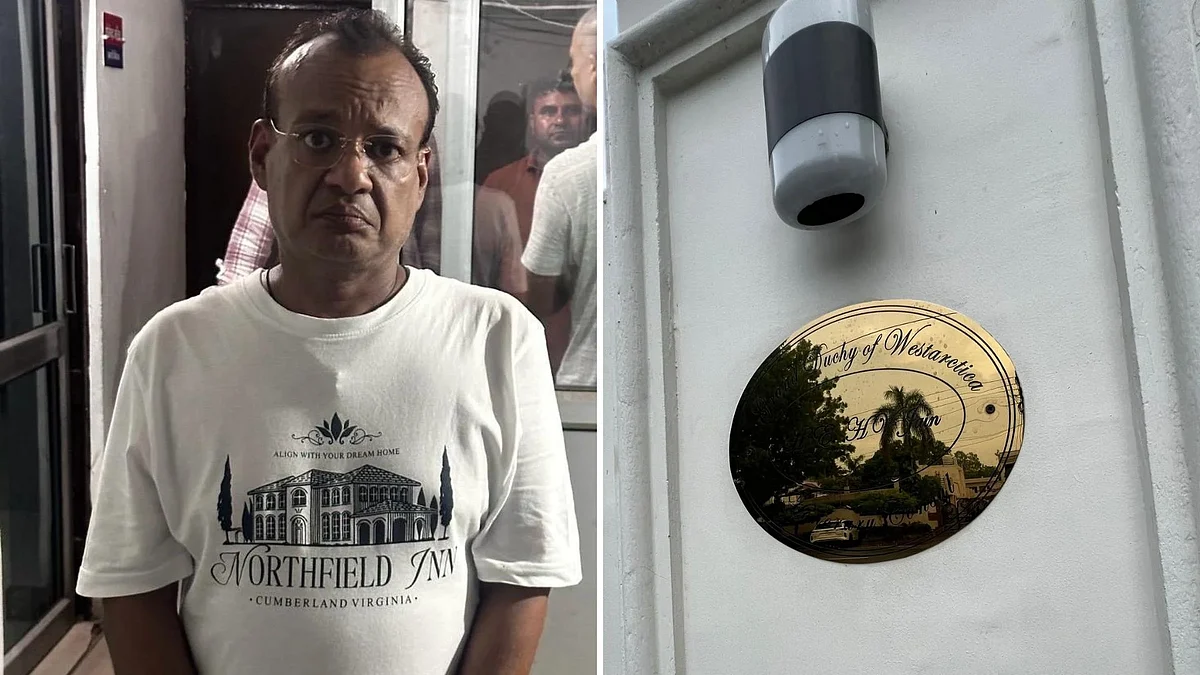The end appears in sight, if only faintly, to a decade-long intractable insurgency after the Turkistan Workers’ party (PKK)’s declaration this week of its disarmament and dissolution. The party was once rooted in Marxist-Leninist insurgency and wedded to an independent homeland for Kurds in south-eastern Turkey and labelled a terrorist organisation by the government, the European Union and the US. The landmark move is the result of a proposed grant of parole for Abdullah Ocalan, the party’s founder and leader, under a life sentence since 1999 for treason and separatism. The veteran had a decade ago gone so far as to suggest that his party could align with the US and Israel against Turkey. In more recent times, Ocalan has underscored the fortification of Turkish and Kurdish brotherhood as a historic imperative.
The breakthrough is a potential triumph on several fronts for Turkey’s autocratic President Recep Tayyip Erdogan. His quest for peace has acquired renewed urgency since the fall of the former dictator, Bashar al-Assad, in Syria, home to thousands of Kurdish militants who make up the Syrian Democratic Forces (SDF). The latter, also dubbed a terrorist organisation by Turkey and western countries, is viewed by Ankara as an extension of the PKK. Ankara provides tacit backing for the rebel factions in Damascus led by the Islamist Hayat Tahrir al-Sham (HTS).
There is a significant personal dimension for President Erdogan in the historic disarmament of the PKK. It relates to Devlet Bahçeli, leader of the far-right Nationalist Movement Party (MHP), the man who put forward the proposal for the grant of parole for Ocalan.

Bahçeli, whose MHP is a close ally of the ruling Justice and Development Party (AKP), almost simultaneously sprung upon the nation the surprise of a constitutional amendment to facilitate President Erdogan’s re-election at the end of his second and final term in 2028. The overture to the PKK is being interpreted as an attempt to woo the pro-Kurdish left-wing Peoples’ Equality and Democracy (DEM), Turkey’s sizeable opposition party in parliament, to push through such an amendment. In a similar gambit a decade ago, another pro-Kurdish party, the Peace and Democracy Party (BDP), was co-opted to back a separate constitutional process, leading to the anointment of Erdogan as president after he had served two terms as prime minister.
Enthusiasm for the PKK’s disbanding must be tempered with caution. After all, the collapse of a short-lived ceasefire a decade ago led to the outbreak of the worst violence in its history. Pro-Kurdish parties are apt to regard the Kurdish question as a political and democratic project rather than a security concern. Realising their objectives of increased autonomy and respect for cultural identity would prove formidable under President Erdogan’s authoritarian regime.






.jpg)



